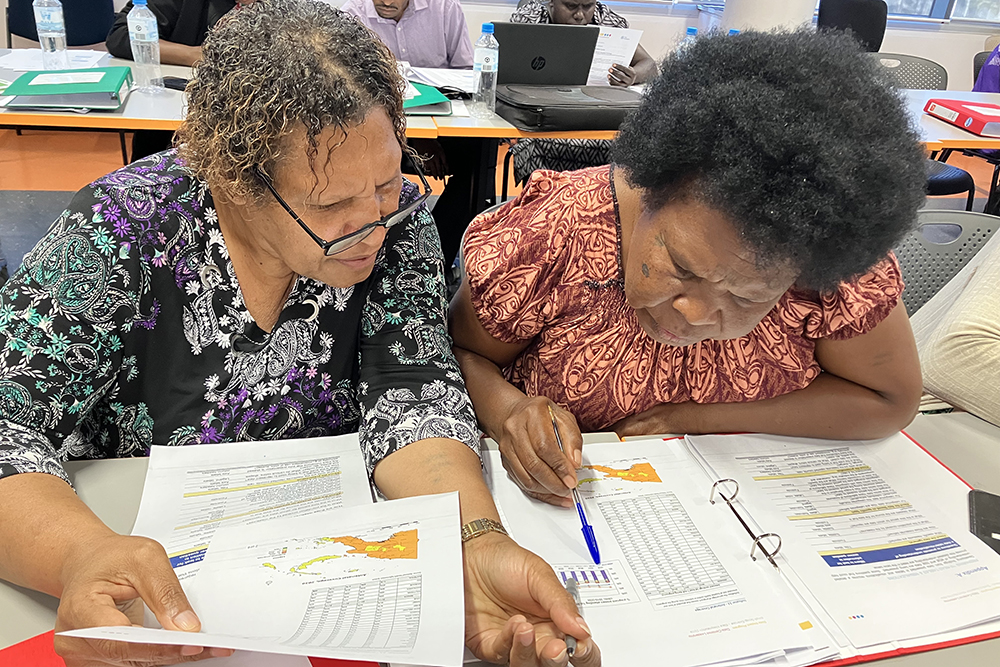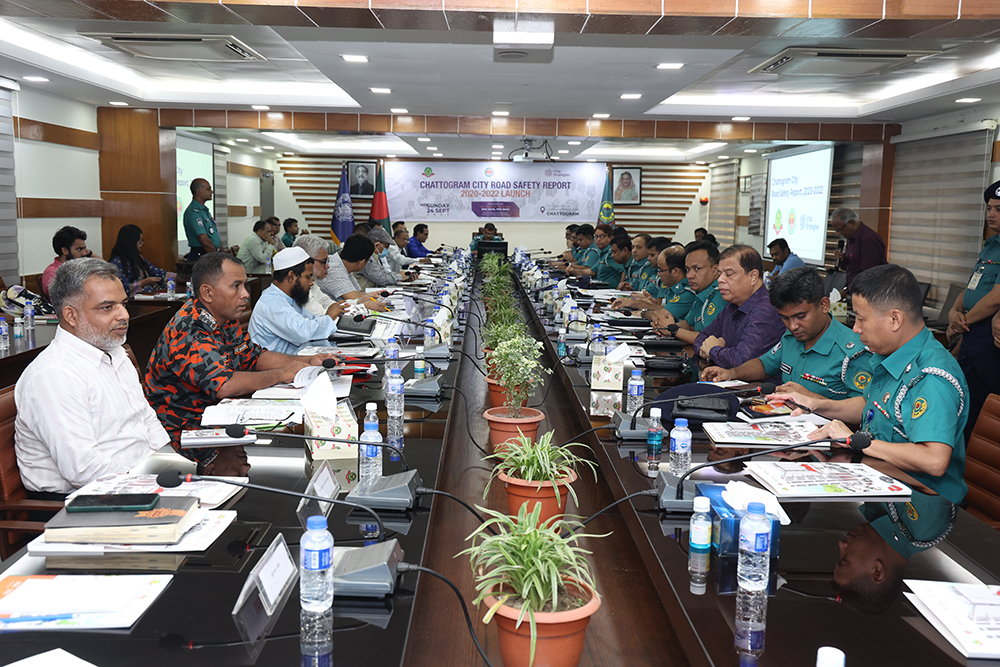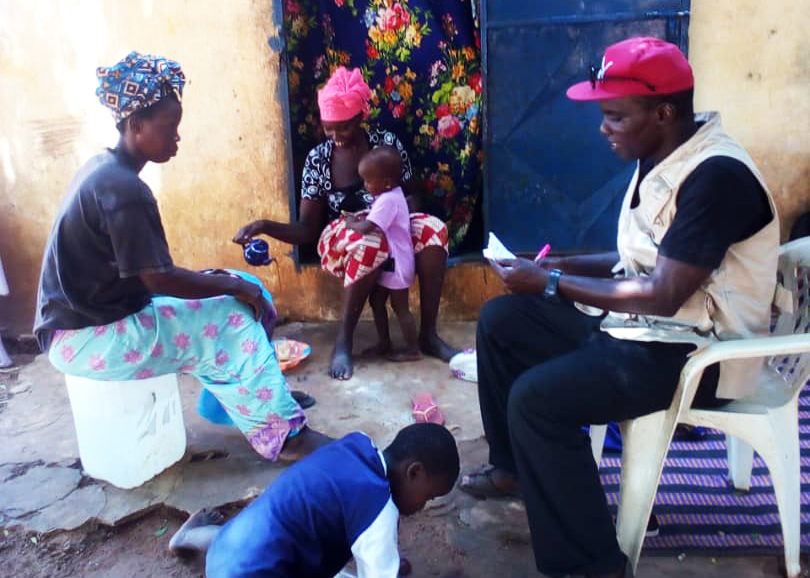At this VitalTalks Live event, experts described the innovative data and advocacy approaches they are using to help bring gender-based violence out of the shadows and into the public eye, articulate the true burden, galvanize action, and measure the impact of our solutions.
Catalyzing Change Through Partnership:
2023 Year in Review
Advancing Gender Equity With Better Data
Gender equity is a cross-cutting issue in Vital Strategies’ programs, with some projects and activities specifically focused on equity for all sexes and gender identities. One key to strengthening countries’ capacity to address gender is equipping governments to gather, analyze and act on gender-specific data.
government database records Vital Strategies analyzed to trace unreported cases of gender-based violence in Recife, Brazil
Vital Strategies’ gender equity-focused work spans multiple programs and countries. The Bloomberg Philanthropies Data for Health Initiative supports 57 projects in 36 countries dedicated to advancing gender equity. The Data-Driven Policy for Women’s Health team successfully completed this three-year program’s activities in 2023. Our Public Health Law team supported four countries in their civil registration equality and gender equity efforts. And in Brazil, with funding from the Patrick J. McGovern Foundation, Bill and Melinda Gates Foundation and other supporters, Vital Strategies is teaming up with the government to find new ways of leveraging data to identify—and prevent—gender-based violence.
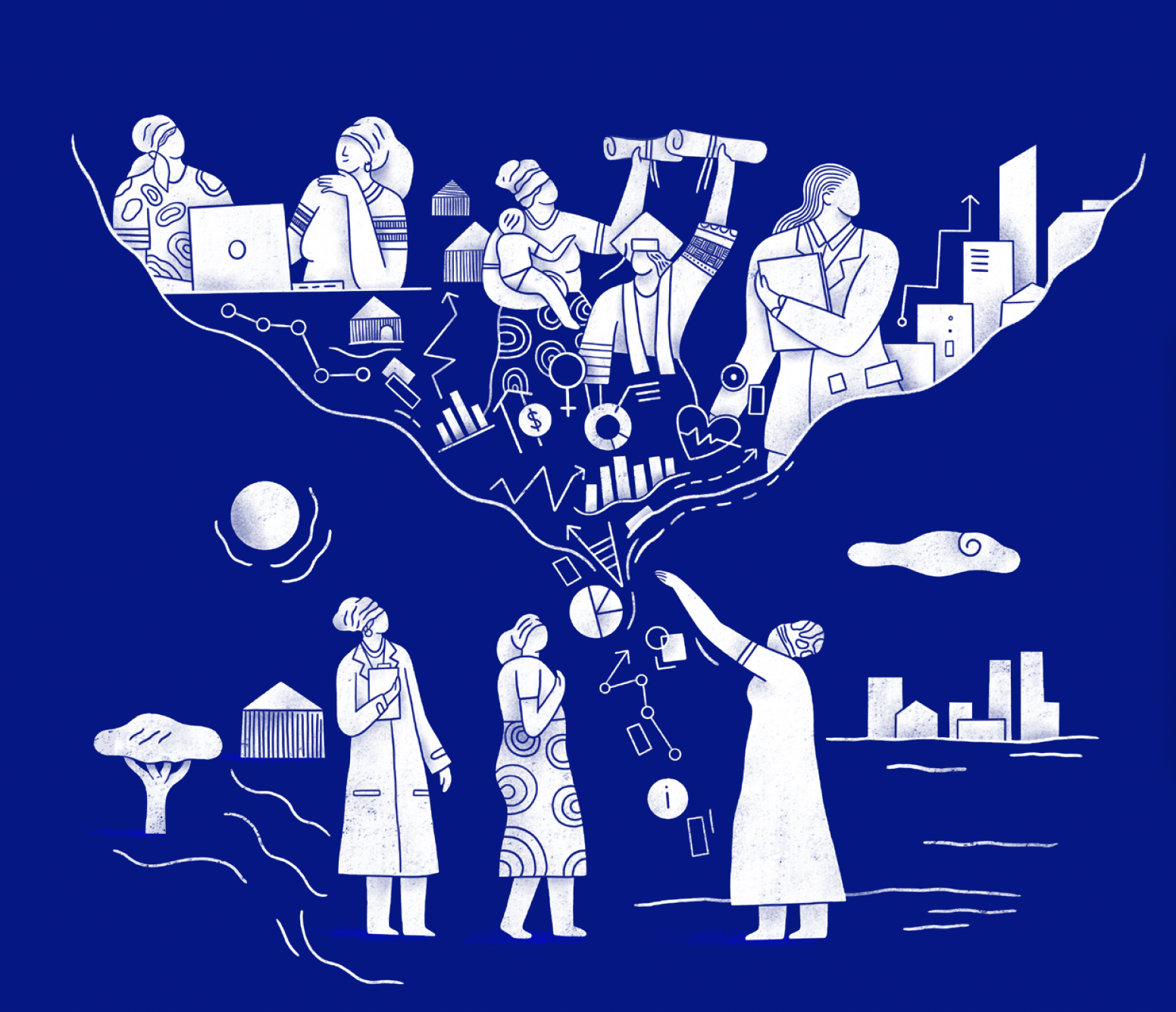
Around the world, millions of cases of violence against women remain unreported, uncounted and uninvestigated—and the victims remain invisible, deprived of the safety and justice everyone deserves. In Brazil, gender-based violence cases usually only come to light when they are reported to the police or a victim is admitted to the hospital. But many victims come in contact with the health system, or other government agencies, long before the situation gets bad enough to warrant a hospital stay.
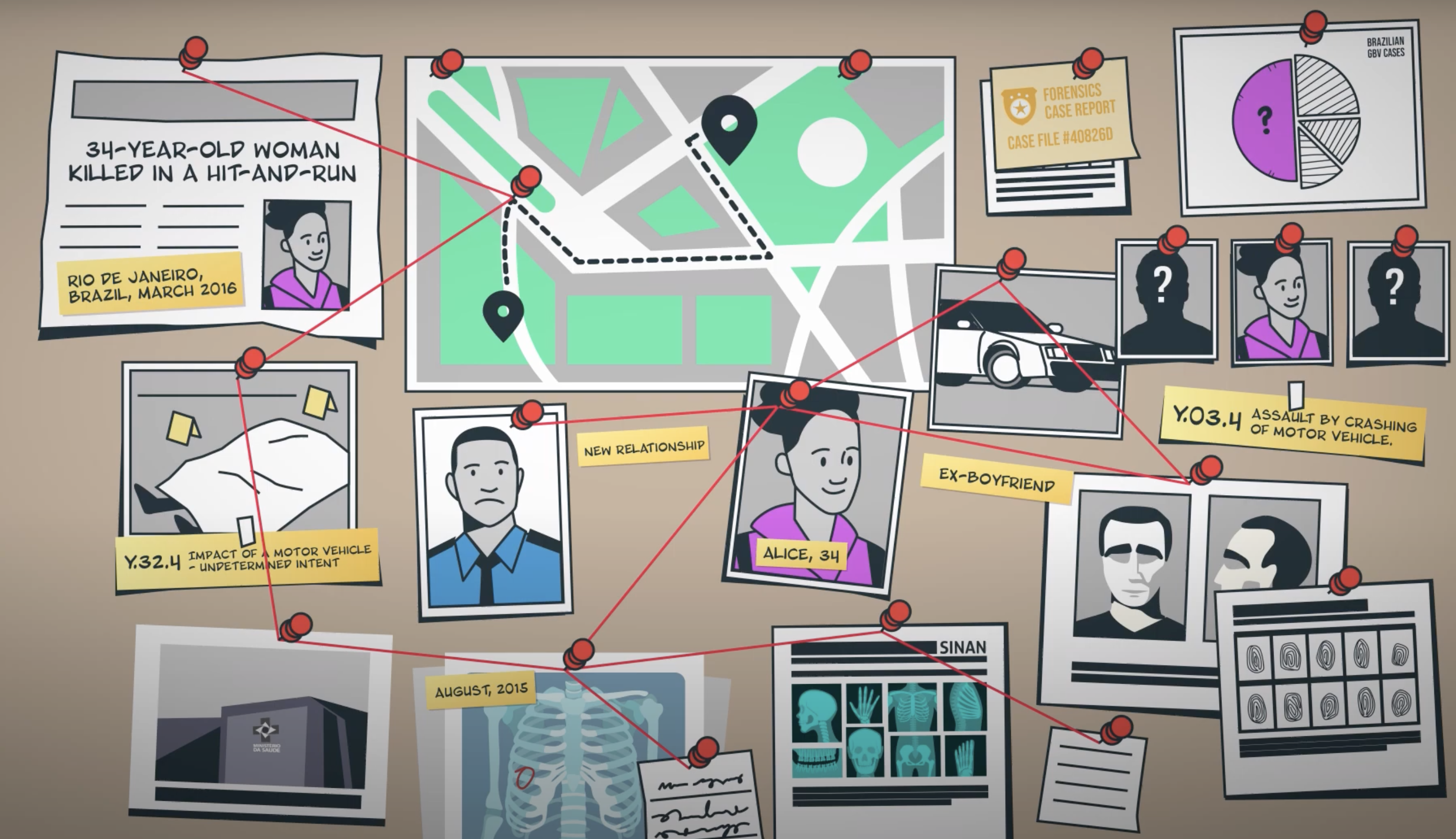
Alice, a 34-year-old woman, died in a hit-and-run crash while walking on the street in Brazil. Her death was no accident: Witnesses revealed that the car hit her twice. Her ex-boyfriend was driving the car. As described in this video, when the Ministry of Health investigated, they found that Alice had sought help from a primary health care provider in the months before her death, and in one visit, said she had been subjected to physical violence by her boyfriend. Alice left the aggressor, but he tracked her down and killed her with his car.

Working with the government, Vital Strategies used the power of data to identify women at risk of gender-based violence. In the state of Rio Grande do Norte, with support from the Bill and Melinda Gates Foundation, Vital devised a data pairing system that used, for the first time in Brazil, not only public health data, but also public safety data. The team analyzed 118,000 records of women in the state and identified 15,000 women victims of violence.

In Recife, Vital analyzed more than 3.671 million records, using artificial intelligence and linguistic analysis to trace patterns of violence in medical records to reveal otherwise invisible victims. The goal of this program, funded by the Patrick J. McGovern Foundation, is to equip authorities to act early and prevent severe injuries and deaths, and to identify the perpetrators. With this type of data innovation, perhaps Alice—and thousands of women in Brazil and worldwide—would still be alive today.
Explore Our Gender Equity Work
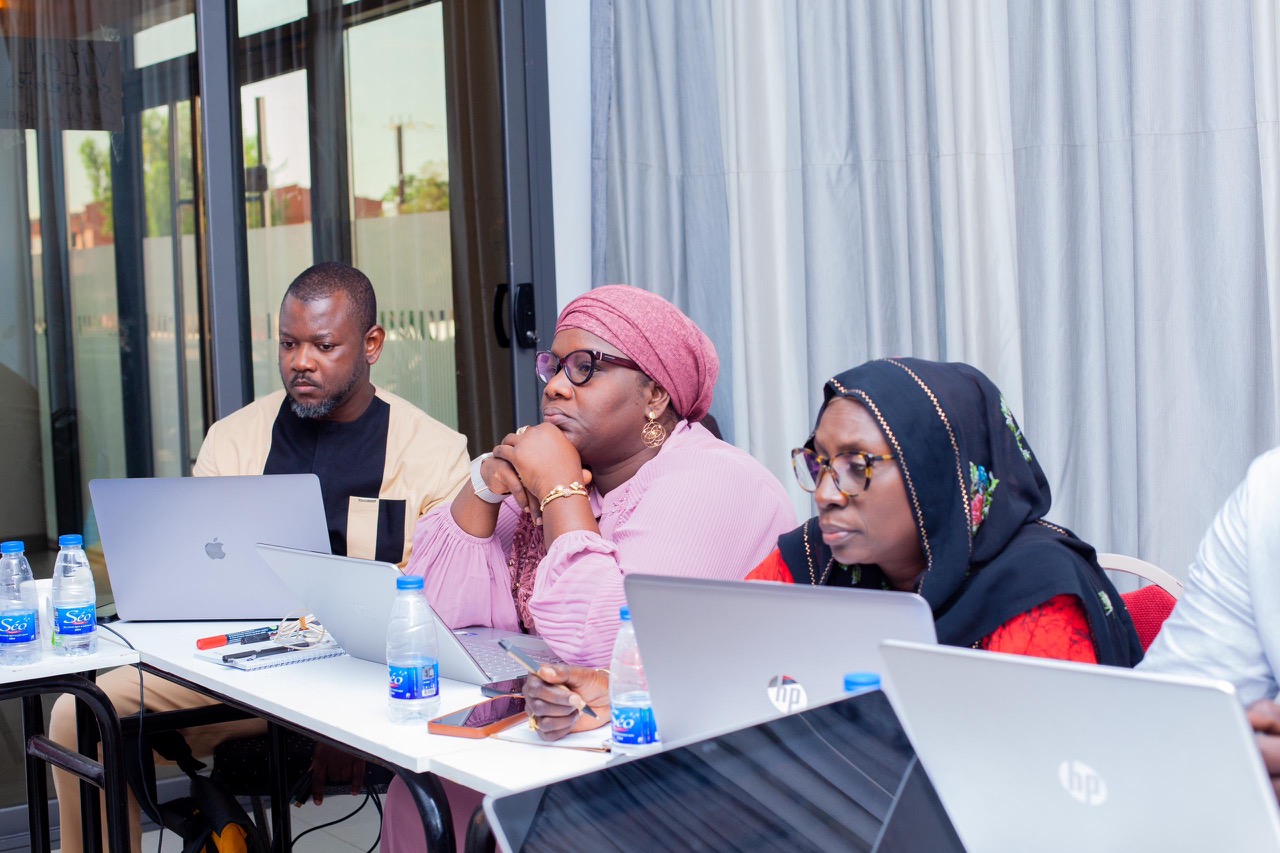
Revealing the Gender Dimension in Senegal
In Senegal, the Data Impact team partnered with the Ministry of Health to explore gender equity in health through the analysis of health data—leading Minister of Health Dr. Marie Khémesse Ngom Ndiaye to ask departments, programs and projects to integrate the gender dimension into their monitoring and evaluation. Vital trained ministry staff in gender-sensitive data analysis., with topics ranging from maternal health to malaria to gender-based violence.

Enabling People to Align their ID Documents With Their Gender Identity
In Bulgaria, Ecuador, Peru and other countries, Vital supports local LGBTQ+ organizations that work toward legal gender recognition for transgender, intersex and non-binary people. In Ecuador in 2023, Vital’s partners laid the groundwork for a legislative victory, after years of advocacy and public engagement, that was finally achieved in early 2024. The amendments to the national identity law allow adults to change the sex on their official documents to match their gender identity with fewer discriminatory obstacles.

Uncovering Gender-Based Violence in India
In Mumbai, Vital worked with Seth G.S Medical College and KEM Hospital to identify deaths due to gender-based violence. The analysis of autopsies of 1,460 women found that 12% had a history indicative of gender-based violence and that most deaths occurred by suicide. After the government released the report, the state minister of women and child development established an inter-departmental (health, police, and women and child development) committee to formulate an action plan to prevent gender-based violence and empower survivors.

Identifying Violence Against Women Through Mortality Data
Vital Strategies Brazil and Data for Health led a pilot project focusing on mortality data for gender-based violence in five countries: Colombia, Ethiopia, Mozambique, Kenya and Zimbabwe. We welcomed the countries’ representatives for a weeklong workshop in São Paulo office to discuss the quality of data on mortality and the challenges to leveraging surveillance and public policies related to gender-based violence in each location.
"Using public data to reconstitute victims' trajectories and integrating data to build an alert system capable of identifying violence at an early stage are ways of contributing to the health surveillance strategy and bringing intelligence to the public health system.
Cheila de Lima
Director of Public Policy at the Municipal Health Department of Goiania and Consultant to the Brazilian Ministry of Health
“This gender report, a first in Senegal, provides reliable information to contribute to informed decision-making to ensure progressive and effective integration of gender issues into the development priorities of the health and social action sector.
Babacar Gueye
Director of Planning, Research and Statistics, Senegal Ministry of Health and Social Action
Get Our Latest Public Health News
Join our email list and be the first to know about our public health news, publications and interviews with experts.

